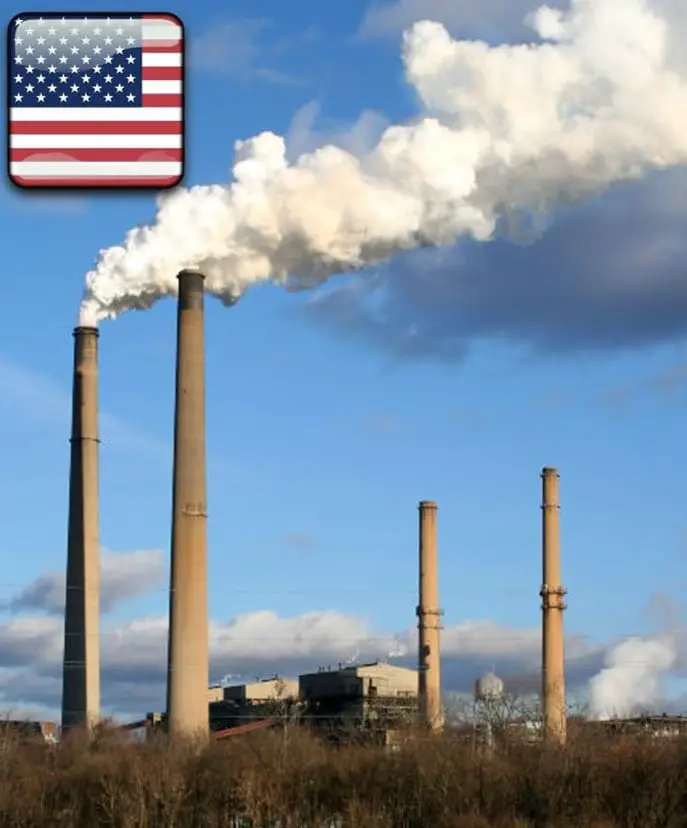
New emissions regulations could push the US toward renewable energy
April 17, 2013EPA regulations may help the US embrace renewable energy more readily
The U.S. Environmental Protection Agency (EPA) has been working to make changes to its air quality regulations recently. These revisions are meant to take into account the growing focus on emissions reductions coming from the federal government. Last year, the Obama administration introduced new emissions standards that have served to push companies both large and small toward renewable energy. The EPA revisions may have much the same effect, according to a new study from Duke University.
Study claims coal power plants may become more expensive to operate
The study indicates that the EPA regulations are meant to be more strict on the issue of sulfur dioxide, particulate matter, nitrogen oxide, and mercury emissions. These regulations are designed to align with the federal government’s overarching concerns on air quality and curbing emissions throughout the country. According to the study from Duke University, the regulations could make coal power plans as expensive to operate as those focused on the use of natural gas, thereby putting coal and natural gas on the same footing, financially speaking.
Coal may lose favor as it becomes a more expensive form of power
In order to comply with EPA standards, coal power plants will have to make several, sometimes costly, upgrades. These upgrades will make it more expensive to produce electrical power using coal due to the complications surrounding the emissions that these power plants produce. Thus, the regulations are expected to direct more attention to renewable energy as well as natural gas. Natural gas is not, strictly speaking, a zero-emissions form of energy. When used to produce energy, natural gas also produces emissions in much the same way other fossil-fuels do. Natural gas does, however, produce significant less emissions than its counterparts, making it more environmentally friendly.
Renewable energy still has a ways to go before being completely accepted in the US
Emissions regulations have helped direct several parties toward the adoption of renewable energy throughout the country. Even so, renewable energy remains something of an underdog in the U.S., especially as the federal government continues to show strong support for oil and coal. This may change in the future, as several forms of renewable energy begin to show that they can compete with fossil-fuels on the issue of price.



 HFN News is your leading source for fresh hydrogen and renewable energy updates. Amid the fast-paced growth of hydrogen companies, we provide top-notch news and insights about this exciting sector. Our coverage spans from hydrogen cars to global sustainable initiatives, and we highlight the latest in green jobs and developing hydrogen hubs. We invite you to share your local hydrogen news and explore today’s renewable energy job listings on our site. Thanks for choosing HFN News as your trusted guide to the hydrogen and renewable energy world!
HFN News is your leading source for fresh hydrogen and renewable energy updates. Amid the fast-paced growth of hydrogen companies, we provide top-notch news and insights about this exciting sector. Our coverage spans from hydrogen cars to global sustainable initiatives, and we highlight the latest in green jobs and developing hydrogen hubs. We invite you to share your local hydrogen news and explore today’s renewable energy job listings on our site. Thanks for choosing HFN News as your trusted guide to the hydrogen and renewable energy world!